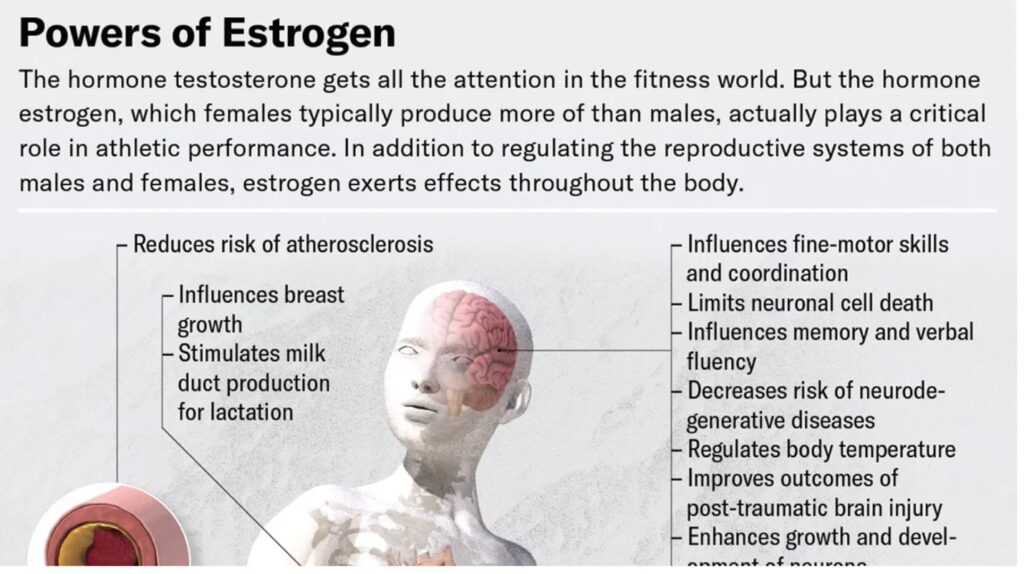Three striking aspects of the Georgia-EU relationship are: 1) Georgian’s overwhelming desire for EU membership, 2) large differences in attitudes on social values between Georgia and the EU, and 3) lack of consensus as to whether or not Georgia belongs to Europe, Asia or “Eurasia”. Data from CRRC’s 2009 survey entitled, “Knowledge and Attitudes Towards the EU” in Georgia shows that Georgians are overwhelmingly enthusiastic about EU membership. In fact, Georgians are more keen on EU membership than the Western Balkan states and Turkey, even though the latter two are more serious candidates for the next wave of enlargement.
Data from a poll conducted by the Italian Foundation, Compagnia di San Paolo and the German Marshal Fund show that Turkish public support for joining the EU dropped from 73% in 2004 to 38% in 2010. Support for EU membership in Croatia is 56% and 53% in Serbia. In contrast, 79% of Georgians in 2009 would vote for EU membership and 61% think it is very important for the Georgian government to strengthen ties with the EU. In addition, about a third of the population believe that Georgia will be prepared to join the EU in less than 5 years, while one fifth answered in 5-10 years. The opinions on if Georgia will actually join the European Union in less than 5 years or in 5-10 years period are almost the same.
However, data from the 2008 World Values Survey in Georgia shows that the country is divided by this EU aspiration and opinions on social values—many of which are at odds with social values in EU societies. For example, trust in religious institutions is much higher in Georgia (95%) relative to EU member states (19% EU average). A higher percentage of Georgians specifically would not want a neighbor who is HIV+ (40%) or a homosexual (87%) compared to the EU average of 17% and 20% who say the same on each question, respectively. Also, 50% of Georgians think that their way of life needs protection against European influences (CB 2009).
Another important question is whether Georgia can be defined as a European country. 54% of Georgians agree with the statement that “I am Georgian and therefore I am European” (CRRC’s 2009 EU survey) However, there is still tension around defining Georgia as a European country, not least because of its location east of Turkey. Vallery Giscard d’Estaing mentioned that Turkey is a non European state because its capital lies in Asia and 95% of its population lives outside of Europe. If Ankara is in Asia, then how is possible to recognize Tbilisi as a European capital when it lies further to the East? It is difficult to speak about the prospect of EU integration in the South Caucasus without the integration of Turkey. It might be unrealistic to expect a map of the EU in which there is a huge gap for Turkey and the inclusion of a small Caucasian country. This may be one reason why 52% of Georgians think Turkey should become a member of the EU (CRRC’s 2009 EU survey).

Besides EU aspirations, differences on social values and geographic and cultural identity, the current economic and financial crisis might impact Georgian attitudes towards the EU. The EU has been a symbol of wealth, liberal policies and open society for many years. However, the bailouts in Greece, Portugual and Ireland, as well as severe financial crises in Spain and Italy make the EU seem less attractive. In any case, despite the government’s membership ambitions and further reforms, accession does not seem to be realistic at the moment. The EU also may not be ready for enlargement as it has to adopt new institutional reforms in order to absorb additional members.
A second wave of the “Knowledge and Attitudes Towards the EU” survey in Georgia will be available this August. It will be interesting to compare the 2009 and 2011 results. What do you think? Do you think that Georgia should be a member of the EU? Does the country have a serious chance of becoming an EU member?
Georgia in the European Union?
გაზიარება











